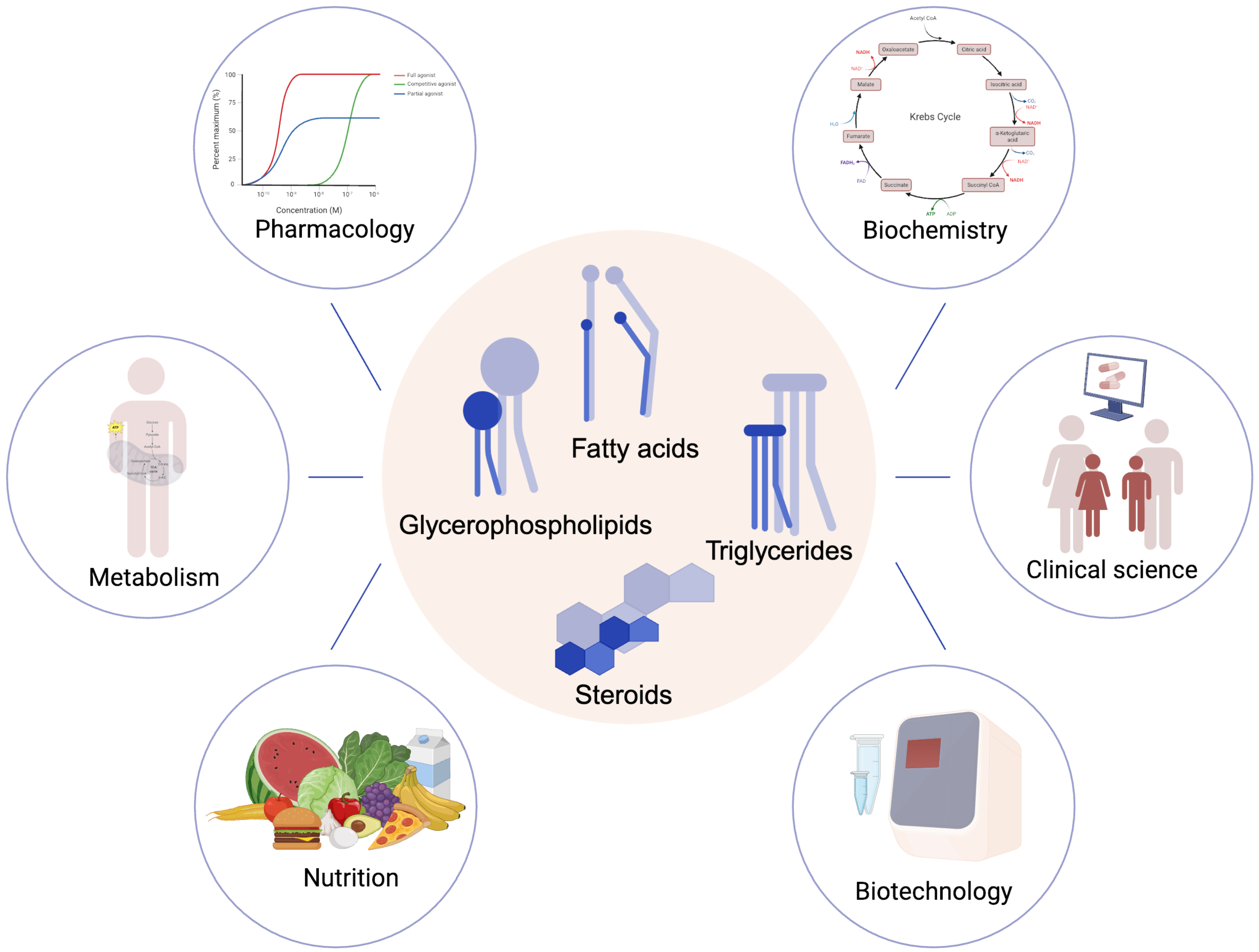Lipidology: A New Open Access Journal
Conflicts of Interest
Reference
- Lipidology Home Page. Available online: https://www.mdpi.com/journal/lipidology (accessed on 14 February 2024).
Short Biography of Author
 | Prof. Dr. Nicola Ferri is a distinguished Italian pharmacologist currently holding the position of Full Professor in Pharmacology at the Department of Medicine, University of Padua. He earned his master’s degree in Pharmaceutical and Chemistry Technologies from the University of Milan in 1996, achieving “Magna cum Laude” status. His academic journey continued with Ph.D. degrees in 2002 at the same institution, along with a master’s degree in Pharmacy and Oncological Pharmacology (2006). Prof. Dr. Ferri boasts an extensive research career, including postdoctoral positions at the University of Milan’s Department of Pharmacological and Biomolecular Sciences and a notable stint as a visiting scientist at the University of Washington in Seattle, USA, under Dr. Elaine Raines. From 1999 to 2003, he served as a senior research fellow at the Department of Pathology, School of Medicine, University of Washington, Seattle. In 2018, Prof. Dr. Ferri assumed the role of Associate Professor in Pharmacology at the University of Padua, further ascending to Full Professor in 2021. |

Disclaimer/Publisher’s Note: The statements, opinions and data contained in all publications are solely those of the individual author(s) and contributor(s) and not of MDPI and/or the editor(s). MDPI and/or the editor(s) disclaim responsibility for any injury to people or property resulting from any ideas, methods, instructions or products referred to in the content. |
© 2024 by the author. Licensee MDPI, Basel, Switzerland. This article is an open access article distributed under the terms and conditions of the Creative Commons Attribution (CC BY) license (https://creativecommons.org/licenses/by/4.0/).
Share and Cite
Ferri, N. Lipidology: A New Open Access Journal. Lipidology 2024, 1, 1-2. https://doi.org/10.3390/lipidology1010001
Ferri N. Lipidology: A New Open Access Journal. Lipidology. 2024; 1(1):1-2. https://doi.org/10.3390/lipidology1010001
Chicago/Turabian StyleFerri, Nicola. 2024. "Lipidology: A New Open Access Journal" Lipidology 1, no. 1: 1-2. https://doi.org/10.3390/lipidology1010001
APA StyleFerri, N. (2024). Lipidology: A New Open Access Journal. Lipidology, 1(1), 1-2. https://doi.org/10.3390/lipidology1010001




